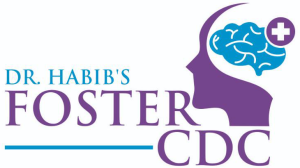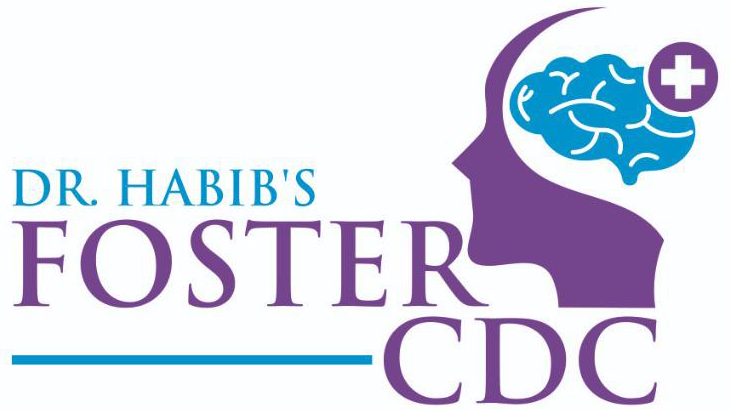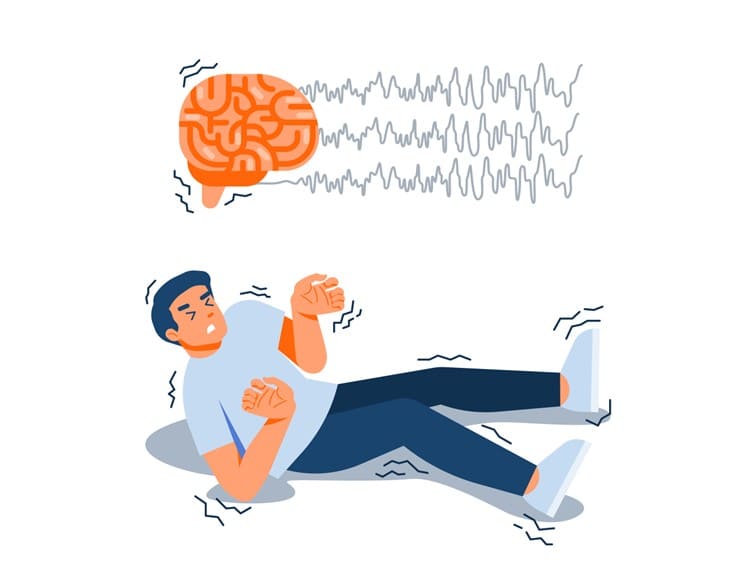Epilepsy in Hyderabad Diagnosis and Treatment by Dr. Habib Pathan
An epileptic seizure (fit) is a neurological condition that disturbs the normal activity of the brain and the nervous system. Seizures start in the brain and disrupt the body’s functions, senses and thoughts. Epilepsy can begin at any age, but it is most commonly diagnosed in children. All seizures are not epileptic because febrile convulsions due to sudden high fever and syncope (fainting) due to a drop in blood pressure are not caused by disrupted brain activity.
What are the causes of Childhood Epilepsy?
- Febrile seizures due to fever
- Head Injury
- Infections of the brain and its coverings (meningitis)
- Lack of oxygen to the brain
- Disorders of brain development
- Hydrocephalus (excess water in brain cavities)
- Genetic causes
What are the risk factors for childhood epilepsy?
- Head trauma
- Developmental Delay
- New-born Distress
- Brain Infections
- Prenatal Injuries
- Brain abnormalities
- Family history of epilepsy
Symptoms of Epilepsy (Seizure) in Children?
- Partial or focal seizure affects only one side of the brain whereas generalized seizures affect both sides of the brain.
- In the absence seizure, a child seems to be daydreaming or not paying attention
- The child experiences jerking of the body, repetitive movements, strange smell, rising feeling in the stomach, and unusual sensation in the mouth
- The child may lose consciousness and experience breathing difficulties.
- The symptoms associated with a typical partial seizure include uncontrolled body movements, strong smell or taste sensation in the mouth, stomach pain, sudden fear, and anger. During this type of seizure, though the child is aware of the happenings around, yet can not control those.
- The symptoms associated with a complex seizure: the child makes odd body movements, run, stares, chews and even sees things around them. The child is often frightened or confused. This type of seizure can occur during sleep.
- A child suddenly loses consciousness and awareness and falls. These types of seizures are called tonic and atonic seizures or drop attack seizures. Head injury risk is very high in this type of seizure.
Treatment
Doctors prescribe medicines (anti-epileptic drugs or AEDs) to treat children with epilepsy. The objective of anti-epileptic medicines is to stop or reduce the number of seizures. A number of epilepsy medicines are available, but pediatric neurologists prescribe medicine to a child with epilepsy based on their age, sex, the nature and type of symptoms and seizures they have, and other associated medical conditions.
Bottom line
The majority of the seizures in children last only for a few minutes, but the cause for concern for the parents is when seizures last longer than usual or occur repeatedly (one after another). Seizures lasting longer than normal and recurrent seizures can increase the risk of a life-threatening seizure. Therefore, when you witness such seizures in your child, you must immediately seek medical help.
If you are searching for the best doctor for childhood epilepsy in Hyderabad, meet
Dr. Habib Pathan



